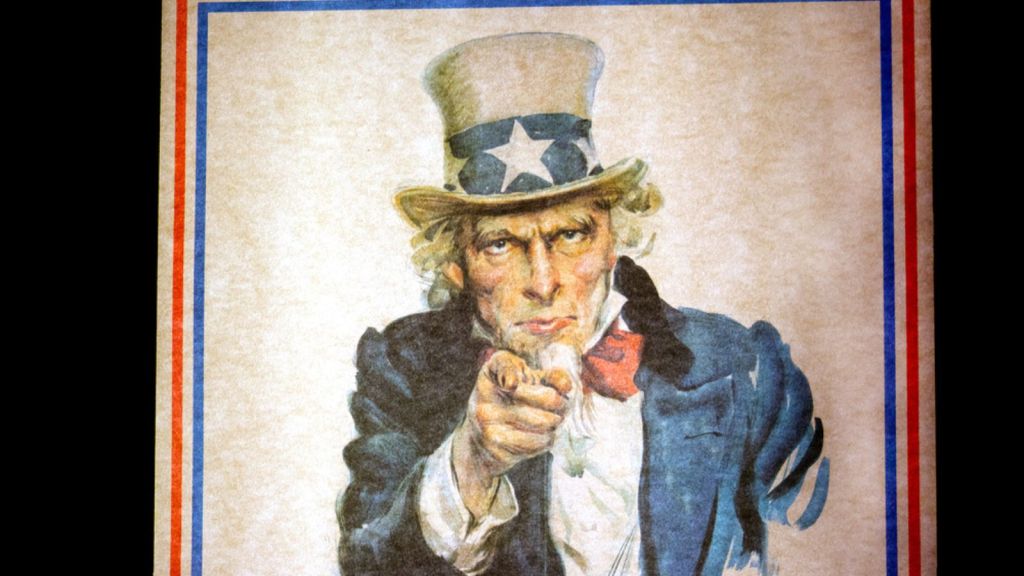“Unveiling the Shadows: 14 Propaganda Campaigns That Altered the Course of History”
This instance highlights the darker side of propaganda, where social pressure and public shaming are used to manipulate behavior. It also raises ethical questions about the use of such tactics and their impact on individuals and society.
7. Four Minute Men (World War I)


In the United States during World War I, a group of volunteers called the “Four Minute Men” gave short speeches in support of the war effort during the four minutes between reel changes at movie theaters. These speeches, crafted by the Committee on Public Information, aimed to sway public opinion and encourage support for the war.
The Four Minute Men epitomize the power of grassroots propaganda and the use of everyday people to spread a message. Their success also highlights the importance of timing and context in propaganda, as their speeches reached a captive audience in a setting where they were receptive to patriotic messages.
8. Slogans of the Third Reich (Nazi Germany)


The Nazi regime in Germany was notorious for its use of catchy slogans and phrases to indoctrinate the population. Slogans like “Ein Volk, ein Reich, ein Führer” (One People, One Empire, One Leader) and “Arbeit macht frei” (Work Sets You Free) were plastered on posters, buildings, and even concentration camp gates.












